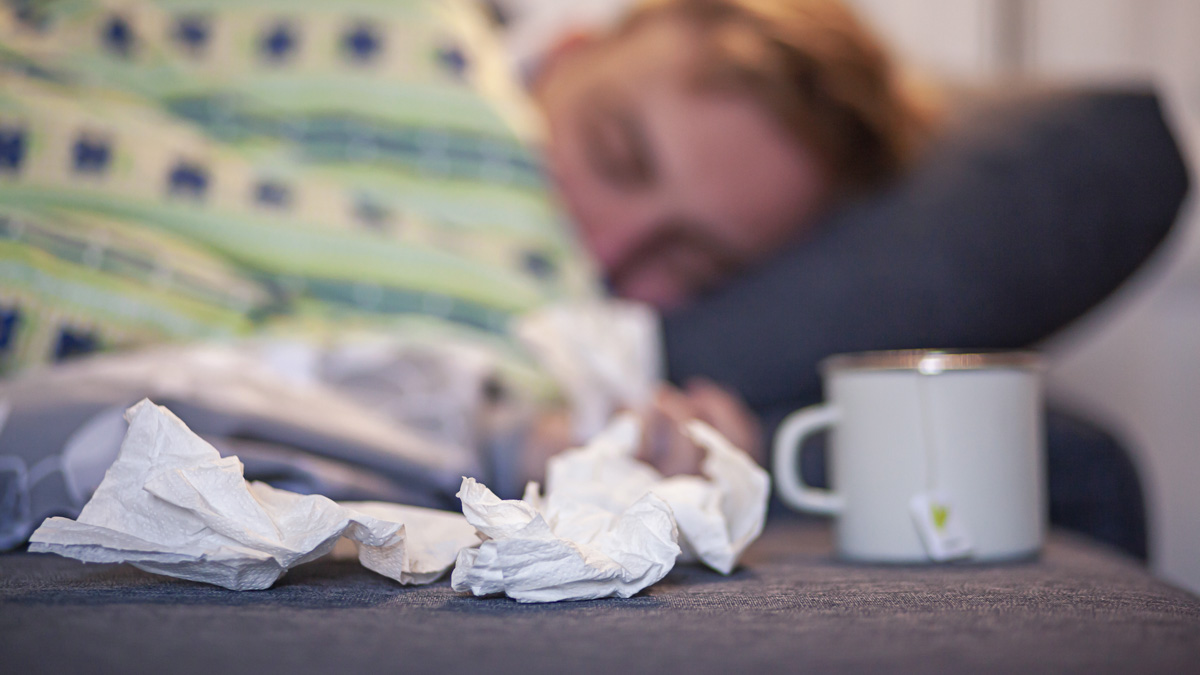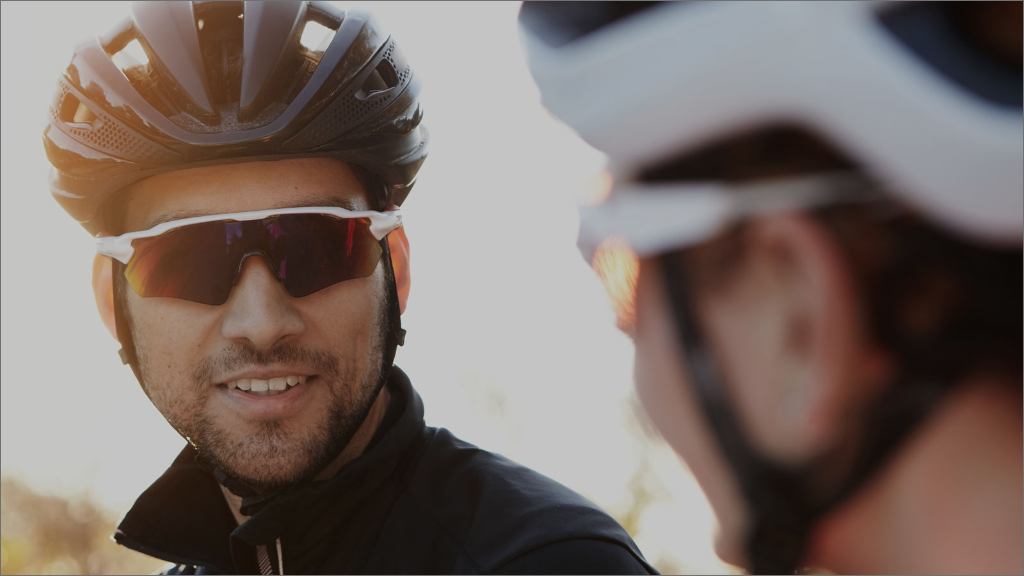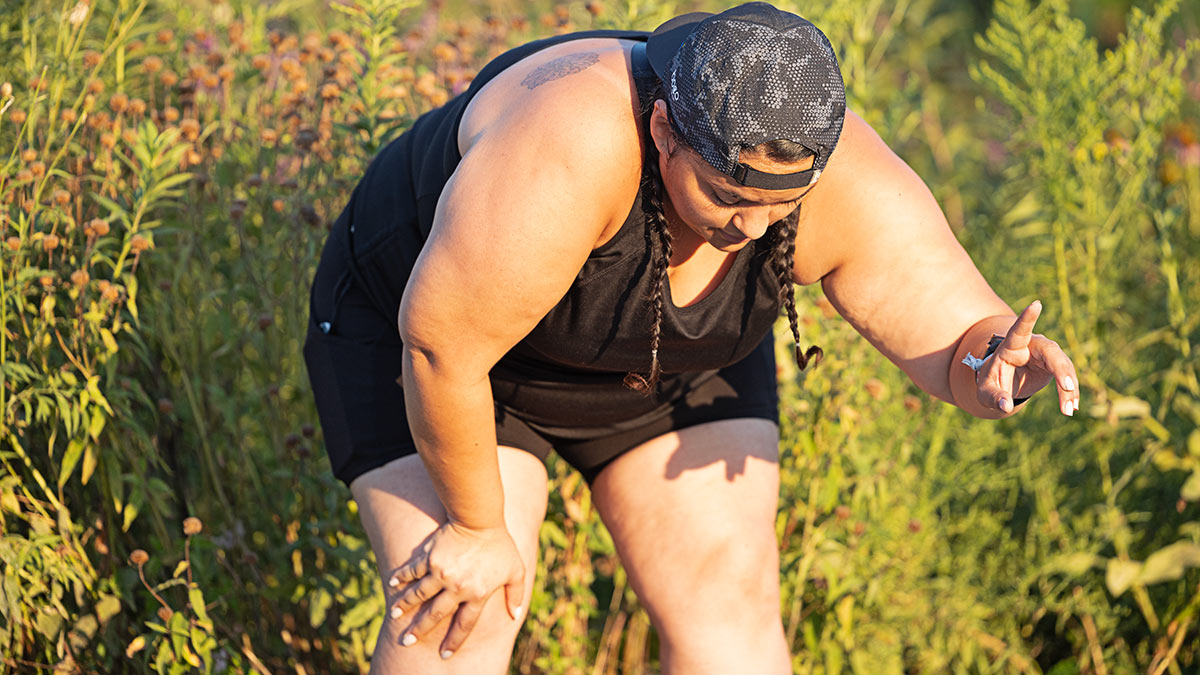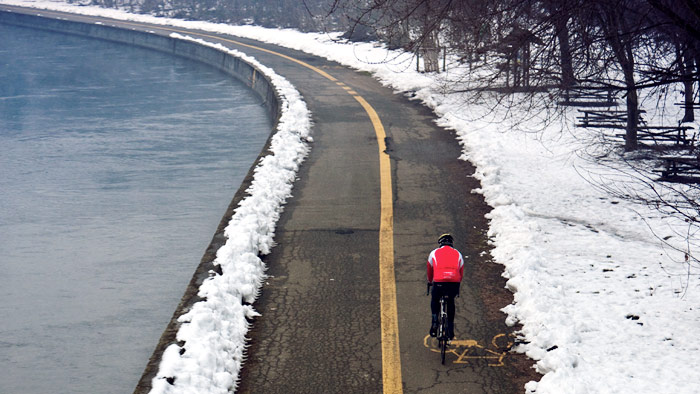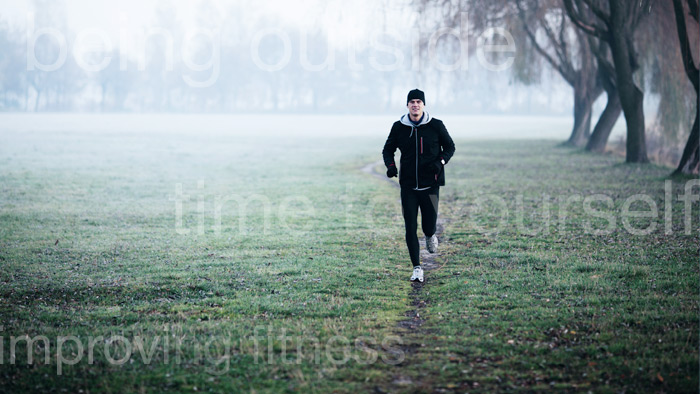It is the middle of winter in the northern hemisphere, and people are spending more time indoors in close quarters. It is in these conditions that viruses are easily spread and contracted, and this time of year I tend to get asked the same question repeatedly; is it safe for me to continue my training while sick?
This question isn’t that difficult to answer and yet it is hard to do so succinctly because the answer can hinge on varying interpretations of the question. For example, I could choose to interpret this question in one of four ways and answer it accordingly:
- Will my illness be worsened if I exercise when ill?
- Will my illness be prolonged if I exercise when ill?
- Will I benefit from exercising when ill?
- Am I risk to others if I exercise when ill?
Here are some things to consider if you’re trying to train through an illness.
High Intensity and Immune System Suppression
First, it is important to consider the question of whether or not training at high intensity can actually contribute to making you sick by suppressing your immune system. It is true that longer-duration, high-intensity events do predispose you to infectious illness for a short window of time immediately afterwards—but regular exercise actually boosts your immunity over that of sedentary individuals. So short of actually racing, training during the winter months probably has a net protective effect against getting sick.
What is the effect of training when you have already taken ill?
Researchers at Ball State University took a group of volunteers and evaluated their baseline characteristics while performing exercise. They then inoculated them with rhinovirus, the most typical virus responsible for the common cold, and evaluated the severity of symptoms among those who performed exercise vs a control group who did not. The results showed that moderate-intensity exercise had no bearing on the severity or the duration of a cold.
Other researchers have verified these findings and expanded upon them. Based on the body of evidence to date, the summary recommendations for training while ill are: For any illness above the neck, exercise is generally considered safe, though it should be approached with some degree of caution. That is to say, athletes should expect a reduced capacity to perform and should not try to exert at higher levels of intensity.
For illnesses below the neck, like pneumonia, gastrointestinal infections, or anything that produces a fever (specifically infectious mononucleosis in adolescents and young adults), exercise is not considered safe or advisable. For mono especially there are concerns about the risks of the spleen becoming enlarged and rupturing with or without trauma, so careful monitoring is required in those circumstances.
This so-called ‘neck check’ is a pretty reliable way to assess if you should go ahead with that scheduled workout or not.
Do I stand to benefit from this exercise and will I be a risk to others?
When you are ill, particularly if you are feeling really under the weather, your resting heart rate is often elevated and you are likely in a state of some dehydration. You may have achy muscles and joints and quite frankly just feel unwell. The question to ask yourself in this scenario is which will be better? The benefit you get from skipping the workout to rest and try and recover or the likely minimal if any benefit you get from doing the workout at a probably lower than effective intensity and effort because you feel so poorly?
Don’t get me wrong, I know this decision process all too well, and have forced myself to endure many a sub-par workouts for fear of missing a day of training. In retrospect, I think 9 times out of 10 that terrible workout would have been time better spent eating soup, drinking tea and laying in bed.
As for being a risk to others, there is no question that when you are in the wet phase of a cold, (when your nose is running and you are coughing in the first 3 to 4 days of illness), you are pretty contagious. In other words, showing up to group activities is probably not the nicest way to show your affinity for a team. If you are going to exercise during this time, do everyone a favor and do so solo.
An Ounce of Prevention
The best we can hope for is to minimize our risk of getting sick and hopefully to not get sick at all. Despite what many advertisers would like you to believe, there really is no way to prevent a cold with 100% certainty, but there are a few things that you can do to try and decrease your chances of getting sick.
First off, wash your hands, a lot. Colds are spread by contact more than by airborne processes so by washing your hands incessantly you can go a long way to preventing contracting something. Even more important is to get a flu shot. Influenza is a very serious illness and this winter is shaping up to be a bad flu season. If you haven’t gotten your flu shot it is not too late. I cannot emphasize this strongly enough, you CANNOT get sick from getting this vaccine. PERIOD. The flu shot is not 100% effective but not getting the flu shot leaves you 100% unprotected.
There are only a couple of months of winter to go, but during this time we all face the gauntlet of the numerous respiratory viruses, any of which can derail the best-laid training plans. Do everything that you can to train hard, and train healthy!
